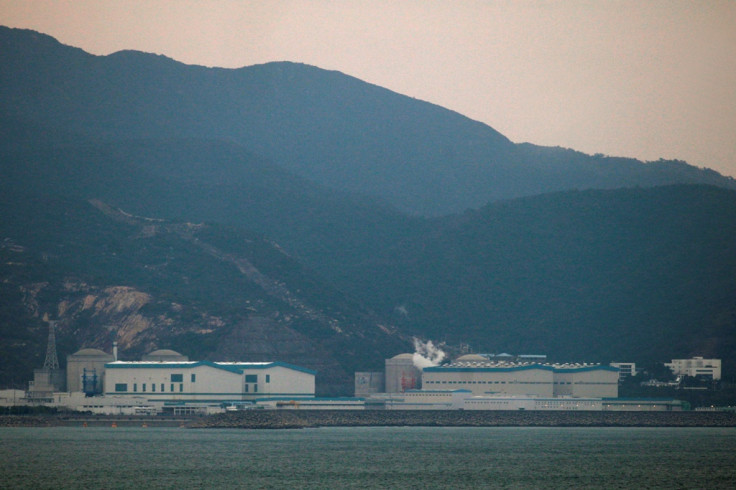Moody's: Nuclear Energy Expands in Asia but Slows Down in Europe and US on Lower Gas Prices

Many Asian countries are increasingly welcoming nuclear power while several western nations prefer renewable sources because of safety concerns as well as lower natural gas prices, Moody's has said.
China and South Korea are the most supportive of nuclear power. Germany has the most aggressive policy against atomic energy.
China and Korea have significant ongoing new nuclear power projects. Japan too is supportive, and is restarting some of the country's nuclear reactors, despite public opposition since the 2011 Fukushima nuclear accident.
"Despite government support for nuclear generation in most major economies, low prices for natural gas have put nuclear power in a less competitive position," says Patrick Mispagel, a Moody's Associate Managing Director.
"As a result, nuclear generation is growing only in a few major markets, most notably China and South Korea."
The Moody's report considers the prospects for nuclear power generation in seven markets -- China, South Korea, Japan, the US, the UK, France and Germany -- and the effect of nuclear generation on the credit quality of the utilities operating within them.
Low natural gas prices in the US and the push towards renewable energy in Europe are slowing down nuclear expansion in these regions, Moody's noted.
New nuclear generation is being pursued to a significant degree only in some of the major Asian countries, such as China and South Korea, where natural gas prices are relatively high.
The China General Nuclear Power Corporation and the China National Nuclear Corporation are putting up a number of new projects that will dramatically increase the country's nuclear generation, which now stands at about 2% of China's total energy mix.
South Korea has targeted a more modest increase in nuclear generation.
Moody's said the Korean government's continued support for nuclear power is notable given the discovery of substandard parts at several of Korea Hydro and Nuclear Power Company's nuclear reactors in 2013.
The Korean government responded to the discovery by instituting increased oversight of the reactors, rather than by lowering its overall support for nuclear power, the rating agency said.
In Japan, the shutdown of all nuclear reactors following the Fukushima accident in 2011 has led to the most dramatic drop in nuclear generation.
Output fell from 29% of total power generation in 2010 to just under 2% in 2013 and to zero now, with all nuclear reactors out of service.
As a result, the country's utilities have higher fuel costs, given their increased reliance on natural gas, oil and coal to generate electricity, leading to substantial operating losses.
© Copyright IBTimes 2025. All rights reserved.






















